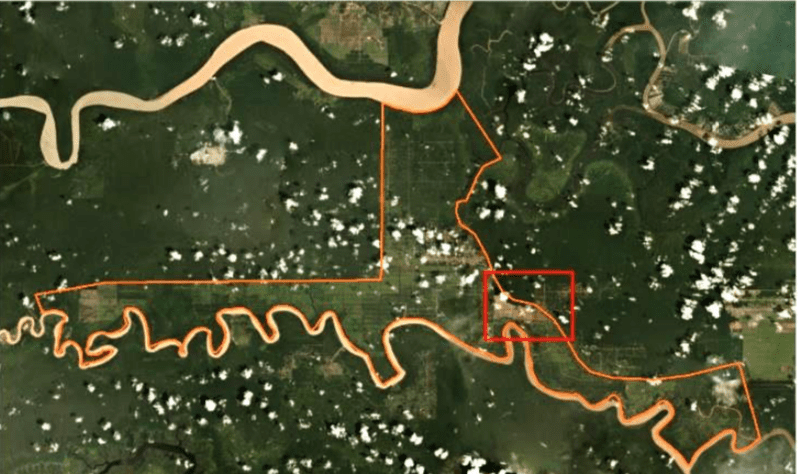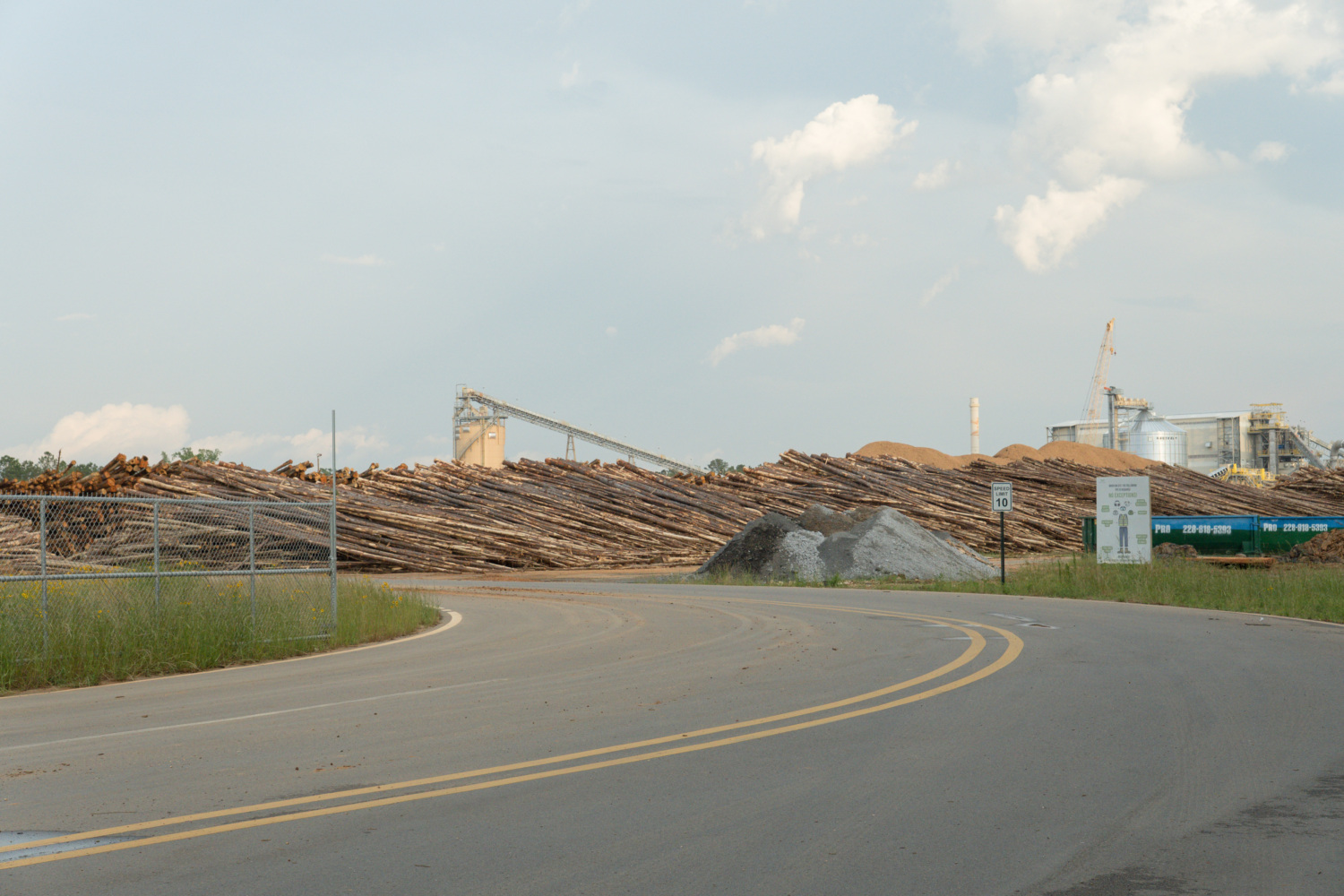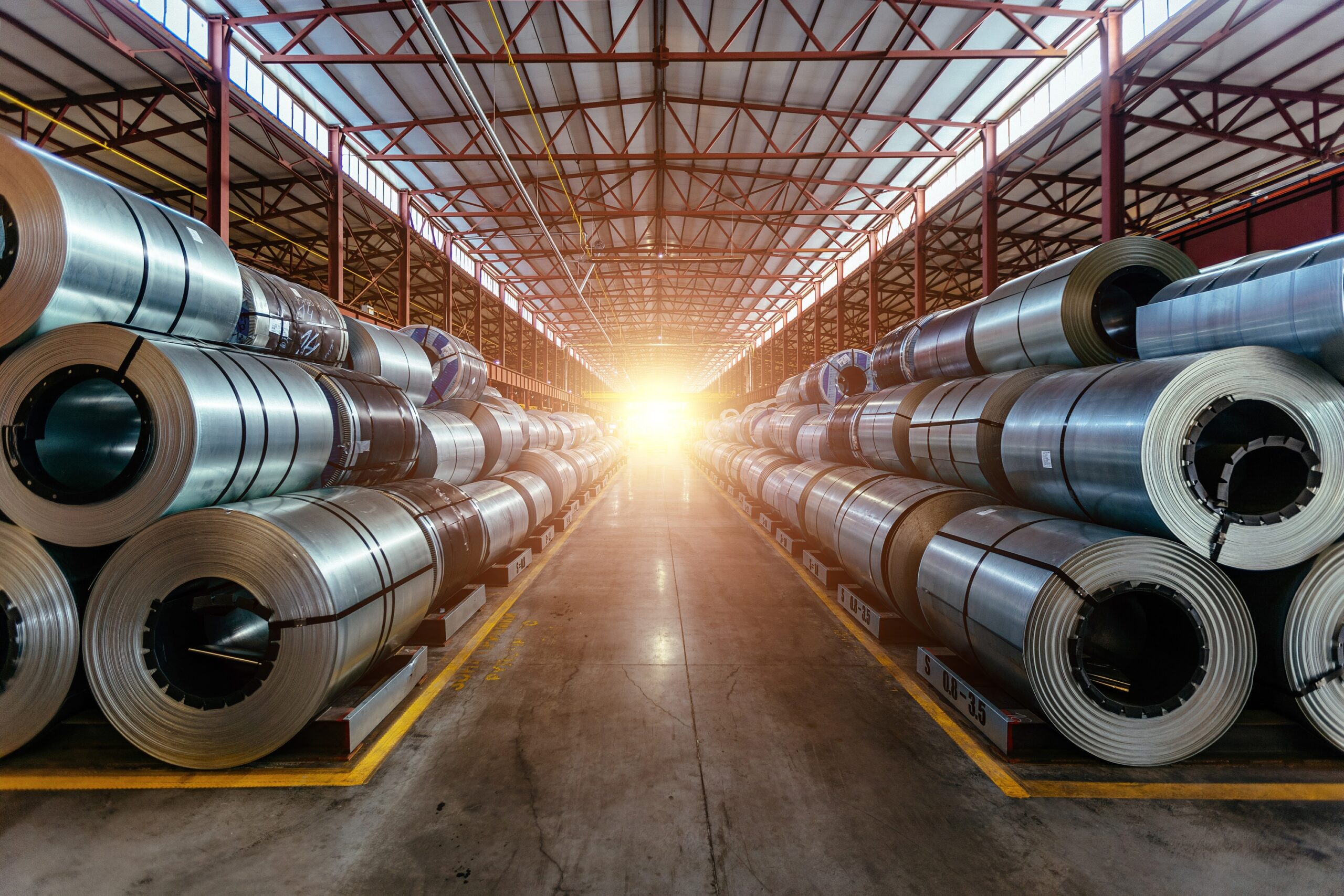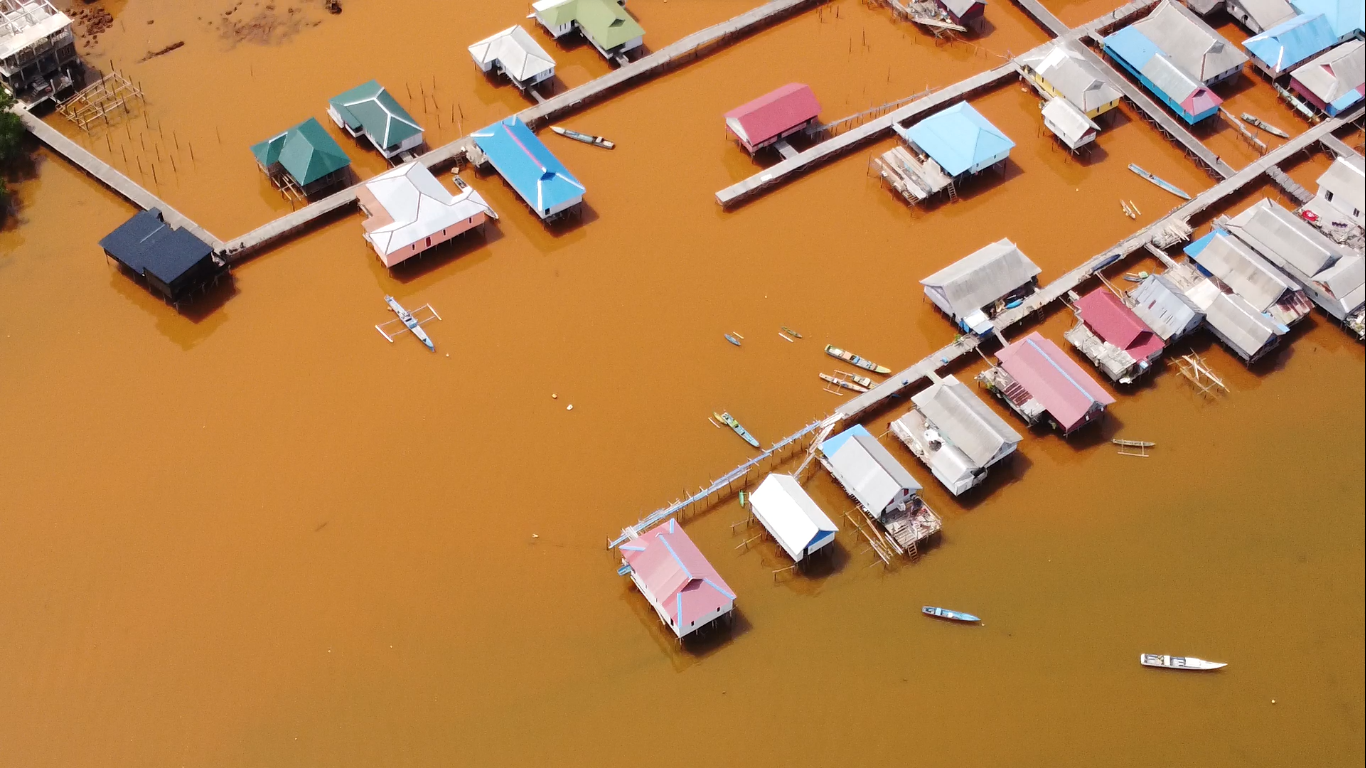
Mighty Earth Announces “Rapid Response” System to Monitor Deforestation Linked to Agricultural Supply Chains
Today, global environmental organization Mighty Earth publicly launched its Rapid Response monitoring system aimed at eliminating deforestation linked to the palm oil, soy, rubber, cocoa, paper, and cattle industries.
Mighty Earth, working with partners Aidenvironment and MapHubs, analyzes satellite data from Planet Labs and other sources alongside concession maps to detect deforestation occurring on agricultural plantations; it then identifies supply chain and financial links between the plantations and the world’s largest agricultural buyers. Once the connection is established, Mighty Earth files alerts with the company and, because these companies have adopted commitments to eliminate deforestation from their supply chains, they are obliged to take action.
“The data to identify where and when deforestation is happening has existed for a long time, but companies and governments haven’t faced sufficient pressure to actually use it to halt the clearance,” said Mighty Earth CEO Glenn Hurowitz. “We’re using our political strength to make sure that companies like Cargill and Bunge act immediately when we detect one of their suppliers destroying forests.”
Satellite imagery shows that for the period March 31 to May 31, 2018, a total of 322 hectares of forest were cleared in the PT Kartika Cipta Pratama concession.
The system is already up and running for the palm oil industry, where it monitors for deforestation and peatland destruction on more than 3,000 oil palm concessions in Indonesia and Sarawak, Malaysia, covering more than 51 million acres of land.
“We decided to launch Rapid Response after we continued to find some of the world’s biggest companies violating their own environmental policies by buying from companies engaged in deforestation,” said Deborah Lapidus, Senior Campaigns Director at Mighty Earth. “By publicly filing alerts about the deforestation in their supply chain, we force these companies to act.”
Mighty Earth and its partners initiated a pilot of the system in late 2017, largely focused on major palm oil companies. Today is the first public announcement of the system and its findings thus far.
Data collected since the project began has identified:
- 56 concessions where new deforestation has occurred
- More than 50 companies responsible for engaging in deforestation and peatland development; the top ten companies alone are responsible for a combined 74,000 acres of deforestation and peat destruction
- Significant new clearance by rogue companies that have been expelled from the supply chains of the major palm oil companies, but are still seeking to find ways around these supply chains through other “leakage” markets
The Rapid Response monitoring system has contributed to:
- More than 50 instances of palm oil traders suspending purchases from non-compliant suppliers
- 4 supplier moratoria on further deforestation
- Universal grievance tracking from the major palm oil companies
As part of today’s announcement, Mighty Earth also released its first assessment of traders’ performance resolving Rapid Response grievances. Of the 16 palm oil traders assessed, the companies that performed the worst were Archer Daniels Midland (ADM), First Resources, IOI, and Cargill. Golden Agri-Resources, Apical (part of the RGE group), KLK, and Louis Dreyfus performed the best.
Mighty Earth is now starting to work with investors and downstream consumer brands on the rapid response findings. These companies, and the public, can view reports containing cases of emerging deforestation and regular updates on grievances lodged with the traders.
Philanthropic support from the David and Lucile Packard Foundation, the Norwegian Development Agency, National Wildlife Federation, the Arcus Foundation, the JMG Foundation, and others has provided millions of dollars to allow the project to expand to cover other key commodities and regions.
In addition to its work on palm oil, Mighty Earth campaigns have played a leading role in persuading eight of the world’s leading tire companies to adopt “No Deforestation, No Exploitation” policies for rubber; getting 34 chocolate and cocoa companies to pledge to eliminate deforestation in their West African supply chains; and spurring pledges from soy giants like Louis Dreyfus and COFCO to protect native vegetation.
“It’s great that so many companies are announcing commitments to end deforestation, but we have to make sure these commitments are actually enforced,” Hurowitz said.
Those interested in learning more about how the Rapid Response system works, Mighty Earth’s long-term plans for the project, and more are invited to attend a live webinar on March 14. View the Rapid Response Monitoring System


